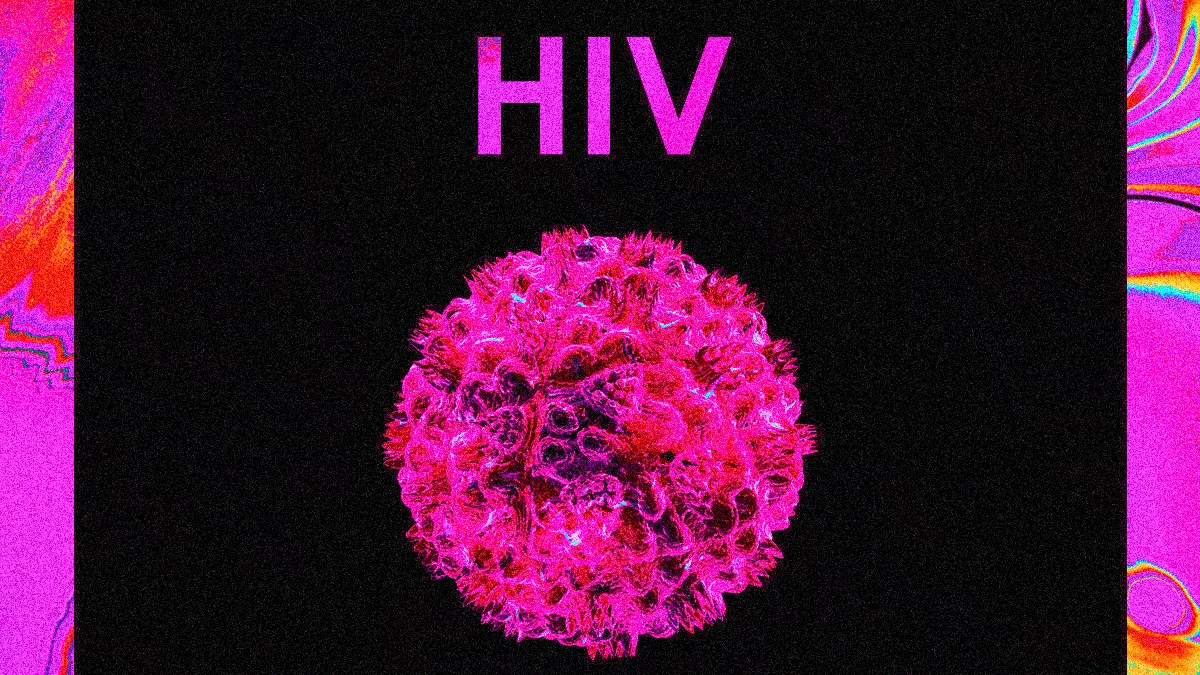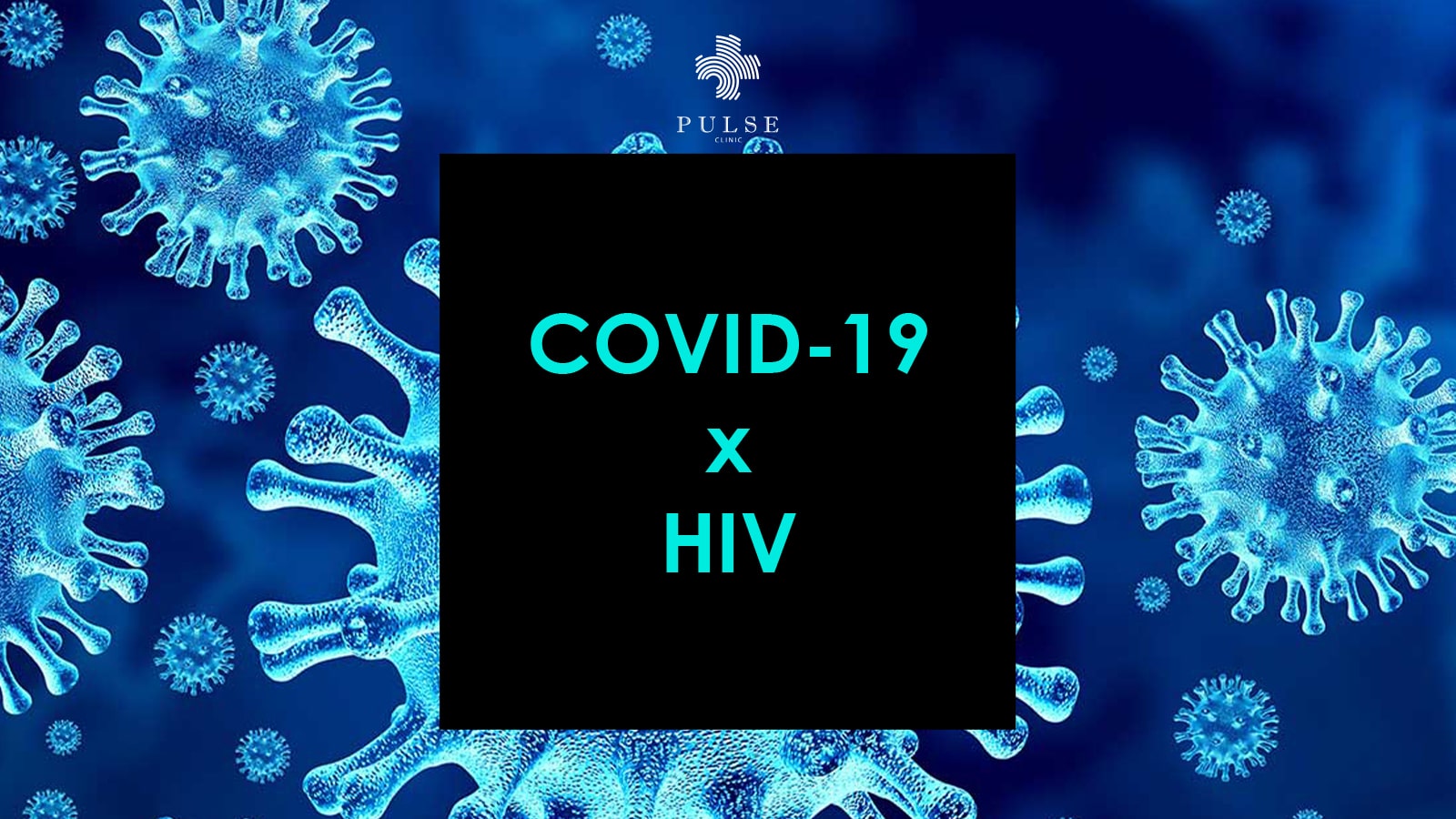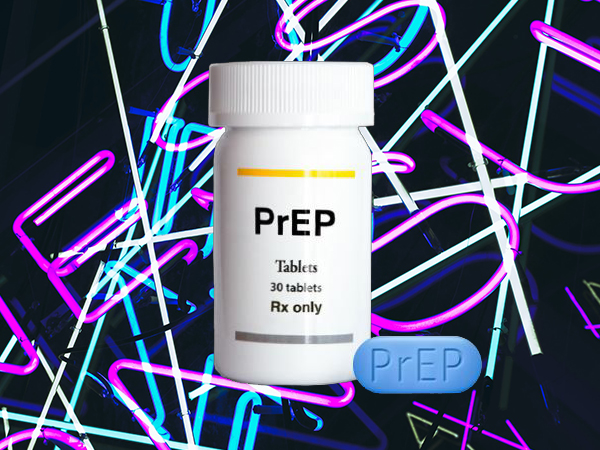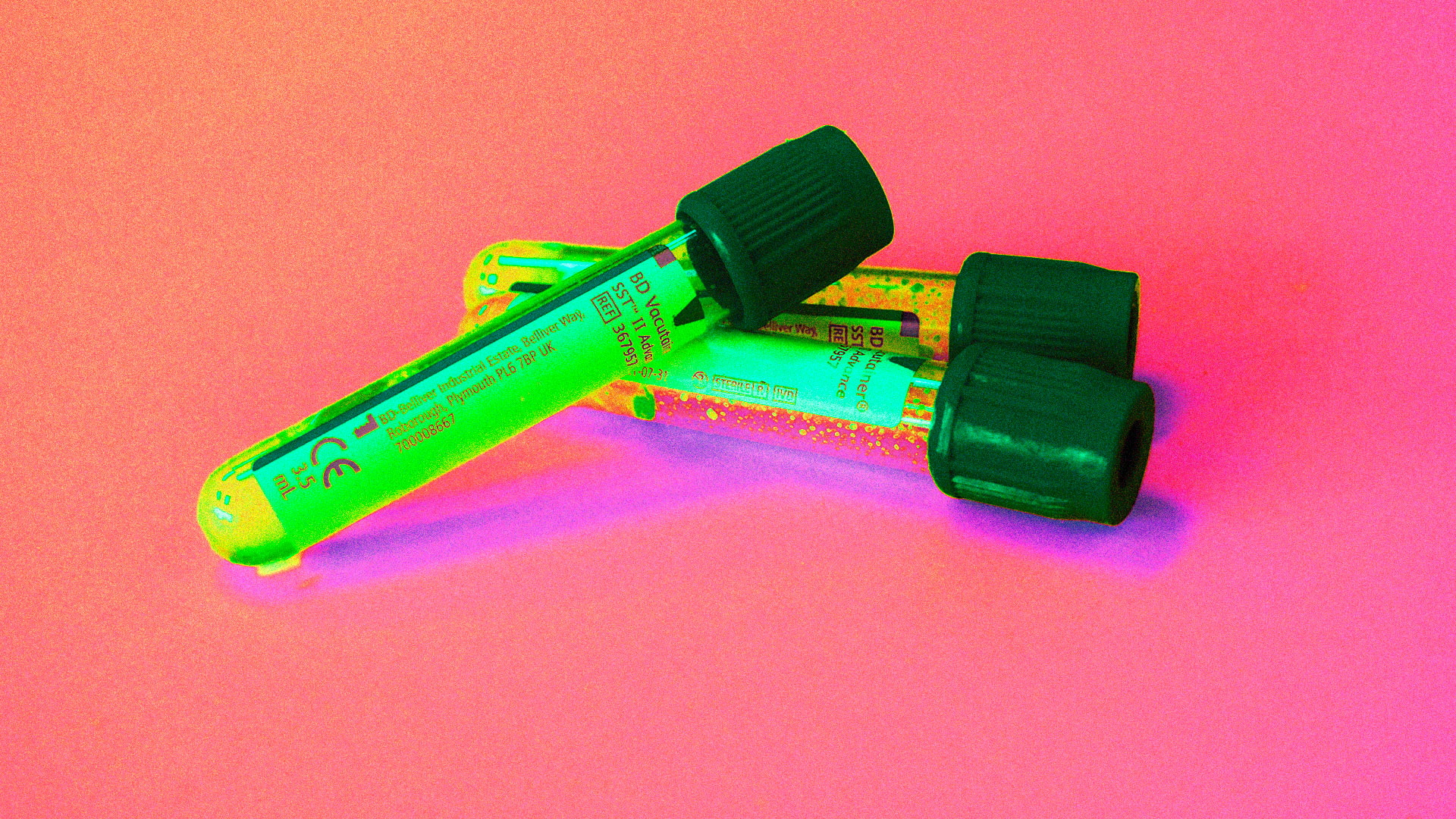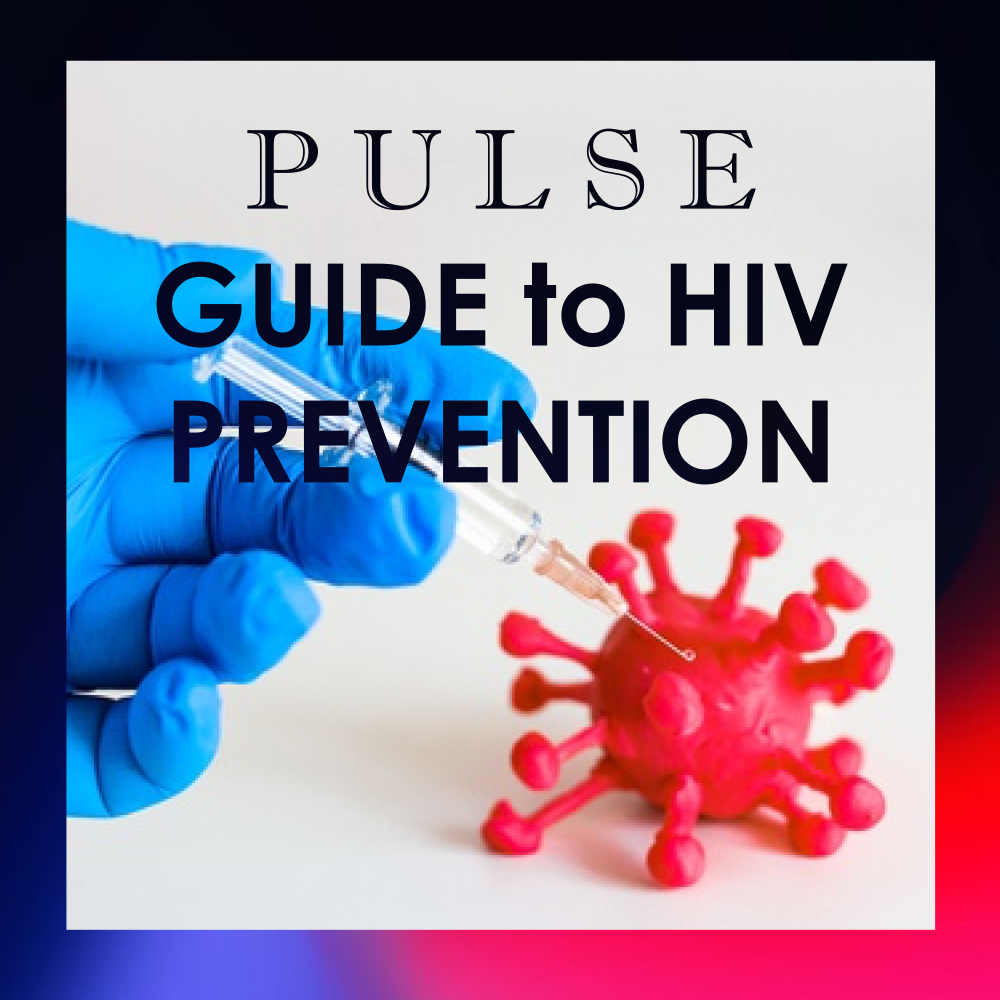Traveller's Diarrhea Bangkok, Koh Samui, Pattaya, Phuket Chiang Mai (Thailand)
2710
Traveller's Diarrhea Treatment Clinic in Bangkok, Koh Samui, Pattaya, Phuket Chiang Mai (Thailand)

By Saroh Chewang, Public Health Counselor on 6 June 2015
Medically reviewed by Dr.Deyn Natthakhet Yaemim (Founding Director)
About Traveler's Diarrhea
Acute diarrhea affects millions of travelers each year. Especially people who travel from developed countries to developing countries. Acute diarrhea is the most common illness among travelers. Up to 55 percent of persons who travel from developed countries to developing countries are affected. Food and water contaminated with fecal matter are the main sources of infection. Bacteria are the most common causes of traveler’s diarrhea. Parasites and viruses are less common etiologies. When you visit a place where the climate or sanitary practices are different from yours at home, you have an increased risk of developing traveler's diarrhea. Fortunately, traveler's diarrhea usually isn't serious; it's just unpleasant.
Please email us at info.bkk@pulse-clinic.com or chat with us on your preferred platform if you wish to get quality diagnostic treatment and care
Definition
What is traveler's diarrhea?
The classic definition of traveler’s diarrhea is three or more unformed stools in 24 hours with at least one of the following symptoms: fever, nausea, vomiting, abdominal cramps, tenesmus, or bloody stools. Milder forms can present with fewer than three stools (e.g., an abrupt bout of watery diarrhea with abdominal cramps). Most cases occur within the first two weeks of travel and last about four days without treatment.
Causes
What organism causes traveler's diarrhea?
|Bacteria
- Coli types: E. coli infections spread through direct person-to-person contact or contaminated water or food. Some strains of the bacteria secrete a toxin that can be life-threatening for small children and older people.
- Salmonella: These bacteria are a major cause of food poisoning and are frequently found in raw chicken or eggs.
- Campylobacter: Another common type of bacteria that can also make you ill if you eat poultry the food isn’t fully cooked Like a salmonella infection.
- Shigella: They attack the intestinal wall and may cause ulcers that bleed. Shigella infections account for more than 160 million cases of diarrhea around the world each year.
- Vibrio: This bacteria can lead to serious and sometimes lethal skin infections or food poisoning. If it causes serious food poisoning, you may need to be hospitalized.
|Parasites
- Giardia lamblia: Which spreads easily through contaminated water and human contact. Bathing in and drinking water from contaminated streams or lakes can also lead to an infection and chronic diarrhea.
- Entamoeba histolytica: Very common in in developing countries that have poor sanitary conditions.
- Cryptosporidium parvum: A common culprit behind diarrhea epidemics in childcare centers and other public places. Cryptosporidium often causes watery diarrhea that can last for 2 weeks or more.
|Viruses
- Rotavirus: It’s very contagious and is the most common cause of diarrhea in infants and young children worldwide.
- Noroviruses: The most common cause of acute gastroenteritis (diarrhea and vomiting illness) around the world. It spreads easily through food and drink and can have a big impact on people's health
How contagious is traveller's diarrhea?
Diarrheal infections are highly contagious. They can spread from person to person via dirty hands, contaminated food or water, and some pets. Most cases are contagious for as long as a person has diarrhea, but some infections can be contagious for even longer.
Symptoms
What are symptoms of traveller's diarrhea?
- Loose, watery stools
- Nausea
- Vomiting
- Fever
- Abdominal bloating
- Dizziness
- Loss of appetite
When to see a doctor?
Does traveller's diarrhea resolve on its own?
Traveler's diarrhea usually goes away on its own within several days. Signs and symptoms may last longer and be more severe if the condition is caused by organisms other than common bacteria. In such cases, you may need prescription medications to help you get better.
For adults
If you're an adult, see your doctor if:
- Your diarrhea persists beyond two days
- You become dehydrated
- You have severe abdominal or rectal pain
- You have bloody or black stools
- You have a fever above 102 F (39 C)
A local embassy or consulate may be able to help you find a well-regarded medical professional who speaks your language.
For children
Be especially cautious with children because traveler's diarrhea can cause severe dehydration in a short time. Call a doctor if your child is sick and exhibits any of the following signs or symptoms:
- Persistent vomiting
- A fever of 102 F (39 C) or more
- Bloody stools or severe diarrhea
- Dry mouth or crying without tears
- Signs of being unusually sleepy, drowsy or unresponsive
- Decreased volume of urine, including fewer wet diapers in infants
How is traveler's diarrhea diagnosed?
Your healthcare provider will ask about your health history and your symptoms. He or she will ask about your recent travels. You may also have a stool culture or other tests. A stool culture is done by taking a small sample of stool. It is then sent to a lab to check for bacteria, viruses, and parasites. If your symptoms last longer than 10 to 14 days, you may have other tests.
Trust PULSE CLINIC to take care of your health like other 45000 people from over 130 countries. We provide discreet professional service with high privacy. Here to help, not to judge.
Complications
What can be complications of traveller's diarrhea?
Answers Because you lose vital fluids, salts and minerals during a bout with traveler's diarrhea, you may become dehydrated. Dehydration is especially dangerous for children, older adults and people with weakened immune systems.
Dehydration caused by diarrhea can cause serious complications, including organ damage, shock or coma. Signs and symptoms of dehydration include a very dry mouth, intense thirst, little or no urination, and extreme weakness.
TREATMENT
Does traveller's diarrhea resolve on its own?
Traveler's diarrhea usually goes away on its own within several days. Signs and symptoms may last longer and be more severe if the condition is caused by organisms other than common bacteria. In such cases, you may need prescription medications to help you get better.
Is CocaCola or carbonated drink good for traveller's diarrhea?
Coke has long been suggested as a remedy for diarrhea, but the International Foundation for Gastrointestinal Disorders (IFFGD) suggests that caffeinated beverages, fructose, fruit-sweetened drinks and some sugar substitutes can actually make diarrhea worse. Harvard Health suggests that caffeine can actually increase the loss of water and salt.
How do you get rid of traveller's diarrhea fast?
Traveler’s diarrhea typically resolves within two to three days, but even mild cases can last up to seven days. It may resolve faster with treatment. Because symptoms may not start until several days after exposure, it may be difficult to pinpoint exactly what made you sick. While recovering, be particularly careful to avoid any contaminated food or water sources. This will speed up healing and prevent continued or repeat exposure.
updated on 20 May 2021.
Trust PULSE CLINIC to take care of your health like other 45000 people from over 130 countries. We provide discreet professional service with high privacy. Here to help, not to judge.







